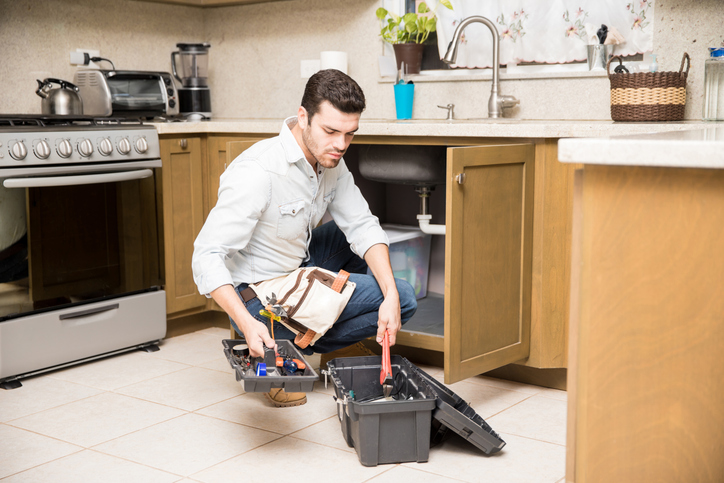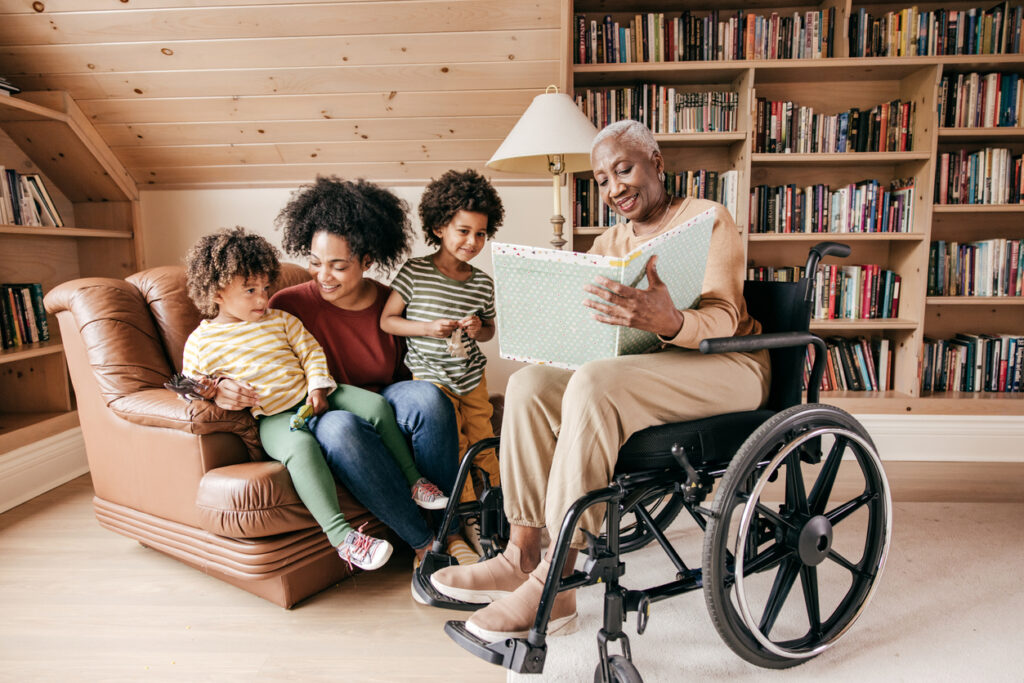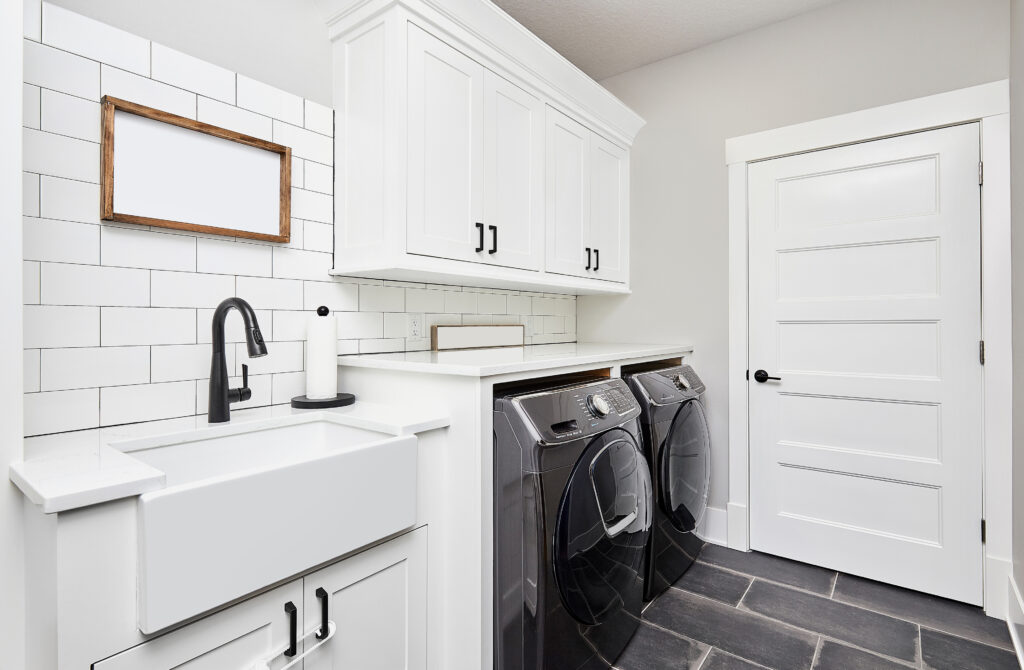Whether you’re traveling for the holidays or any time of year, having a house sitter can help reduce your travel stress knowing that someone is there to maintain your home and make it look occupied, thus reducing the risk of burglary.
But before you pack your bags and hand over the keys, be sure to provide the house sitter with all the info they need to make their job easier and keep your home safe. Here are 11 things your sitter should know before you head out the door.

Emergency Contacts
While your phone number (and a back-up number in case you can’t be reached in the event of an emergency) should be at the top of the list, here are others to add:
- Utility, phone, cable, and internet companies to report outages and issues
- Contractors & plumbing/HVAC companies
- A trusted neighbor or two
- A nearby friend or family member
- Veterinarian if they are also pet-sitting
- Non-emergency police
Electrical Panel Locations & Water Shutoff Valve
During a plumbing or electrical emergency, every second counts. Show your house sitter the location of all electrical panels (make sure they are labeled!) and water shut-off valves, including the main water supply. Take a few minutes to explain how to operate each one.
Alarm Codes & Password
If your home is equipped with a safety alarm, share the code and any password with the sitter so they can enable the alarm when they’ll be away from the house or prior to going to bed. Your alarm company may be able to set up a temporary code that will expire upon your return.
Wi-Fi Password
Show the house sitter the location of your Wi-Fi router in case it needs to be reset and jot down the password so they can access your home’s Wi-Fi if needed.
Trash & Recycling Schedules
Let your sitter know which days trash and recycling are collected, where the bins should be placed, and by when. For example, it may not be enough to say Tuesday morning if pick-up is before the sitter is typically up for the day. If you live in an association, share any important rules about how quickly bins need to be removed after pick-up and where they should be stored.
To-Do List
Be clear about what tasks you expect your sitter to complete in your absence. These might include caring for pets, watering plants, bringing in mail and packages, light cleaning, watering or mowing the lawn, picking fruit or veggies from the garden, shoveling snow, and so on.
House Rules
Clearly lay out any special rules regarding visitors and overnight guests, use of certain rooms or areas of the house, consuming your food and beverages, and more.
Location of Extra Supplies
It’s helpful to point out the location of extra linens, towels, cleaning supplies, paper goods, or anything else they may run out of while you’re away. This simple task can prevent unnecessary calls or texts to you should they not be able to find what they need.
House Quirks
Just about every home has that one doorknob that sticks, toilet handle that needs jiggling, or window that’s painted shut. Informing your sitter about your home’s little quirks can make their stay less stressful.
Neighborhood Info
If your sitter isn’t familiar with the neighborhood, give them the scoop on nearby parks, public transportation, closest grocery stores and pharmacies, and the best restaurants. Also include location of walking trails and bike paths, community facilities, and urgent care centers in case of an emergency.
Your Return
Be clear about when you will be coming home so that there are no unpleasant surprises. If your sitter is set to leave before you get back, let them know where keys or garage door openers should be left, or what tasks are to be completed before your return.
While it’s comforting to know your house is being well cared for, you still should do all you can to make sure each surprise is a happy one. Safe travels!









Leave a Reply